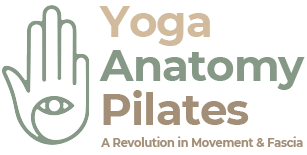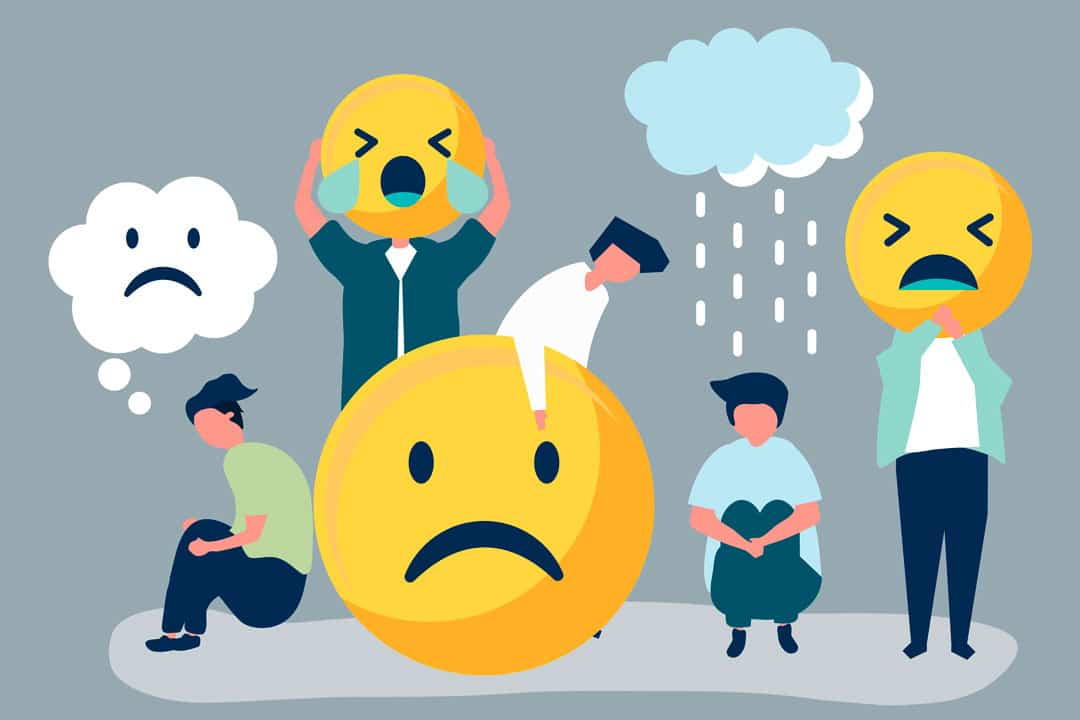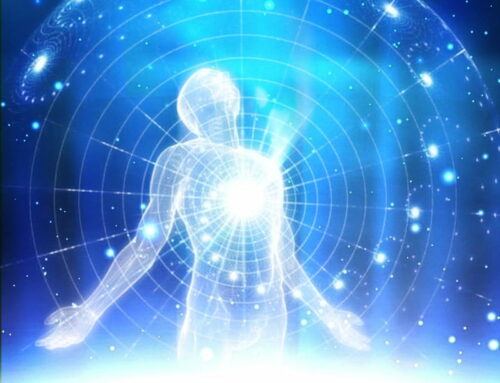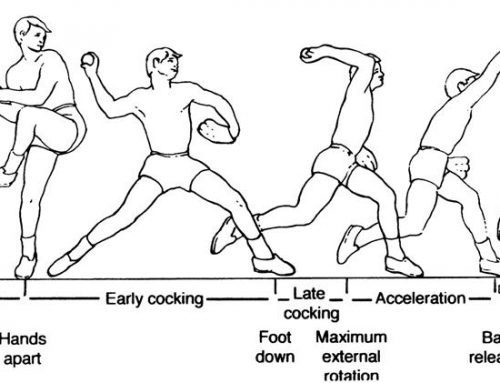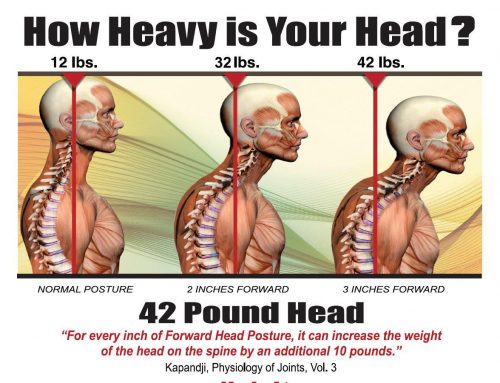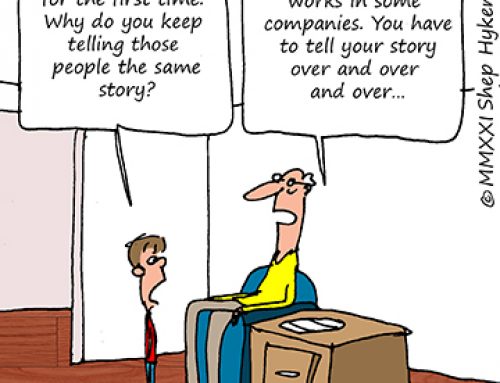Why are emotions so powerful? What are they? They not only effect the way we react, but they effect the way we breathe, the way we move, our posture and they form the shape of our connective tissues. Many people have a hard time feeling their emotions, or even consciously generating positive ones. This is why we have such a high rate of addictive tendencies. Addictions are everything from illegal drugs, medical drugs, smoking, alcohol, sugar, shopping, working, exercising and many, many more. Emotions are our feelings about people, places and things. To have emotions requires that we have a body with senses (sentience), and thoughts (mind) to give meaning.
Our Western culture and, sadly, most cultures today don’t provide us with training to enhance our emotional intelligence. Also, we are generally unaware of how we care for our body. We do not realise the power of our thoughts, yet these are the most powerful generative forces behind our emotions.
Osho says:
“Experience life in all possible ways — good-bad, bitter-sweet, dark-light, summer-winter. Experience all the dualities. Don’t be afraid of experience, because the more experience you have, the more mature you become. Search for all possible alternatives; move in all directions, be a wanderer, a vagabond of the world of life and existence. And don’t miss any opportunity to live.
Don’t look back. Only fools think of the past — fools who do not have the intelligence to live in the present. And only fools imagine about the future, because they don’t have the courage to live in the present. Forget the past; forget the future, this moment is all. This moment has to become your prayer, your love, your life, and your death, your everything. This is it”.
If we don’t put our awareness within our bodies, we diminish our capacity to feel emotions. Awareness can only come from a place of good health and good thoughts. Lack of awareness leads to progressively greater levels of depression because not engaging ourselves with feeling and awareness narrows the frequency range of our feelings and awareness, so our lives and inner experiences get narrow. We continue to suffer. Notice you’re emotions and how you react.
With awareness, we can feel emotions that are generated merely with the changes occurring as we eat or drink, move or not move, or breathe well or poorly. When we sleep effectively, eat high quality food in proportions that reflect our authentic individual needs, move our bodies in ways that give us strength (our bio-motor) and work towards fulfilling our dreams, many good things happen. As the famous psychiatrist Gerry Welsch says: “When you have a big enough dream, you don’t have a crisis”.
Our stress levels are significantly lowered when we have the nutrition on board to generate the neurotransmitters and hormones that support healthy emotional responses. We must learn to feel healthy emotional responses from a healthy body. The sensations in our body require our nerves to feel them and our ideas to interpret them. Our nerves are dependent on both hormones and blood (oxygen, nutrition and waste removal). All our communication is neurotransmitter and/or hormone interaction dependent. our hormone levels are directly tied to diet and lifestyle factors.
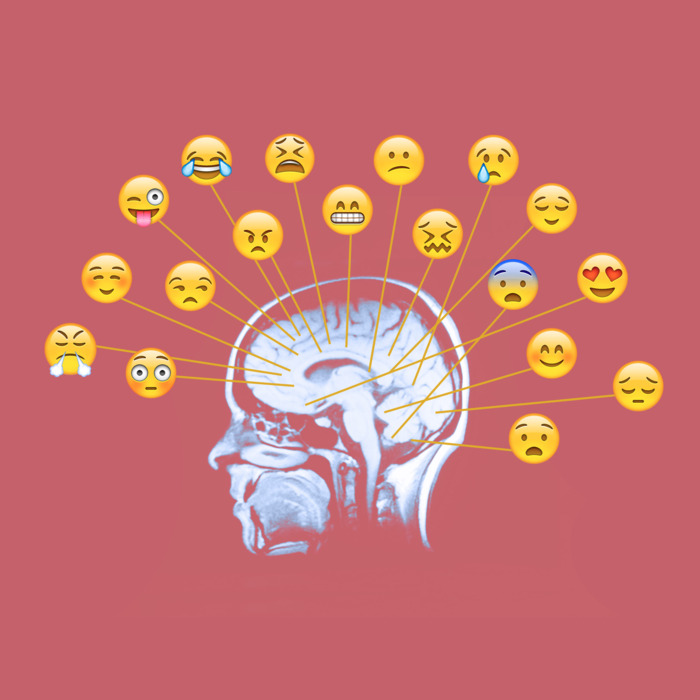
The feeling function of consciousness is directly tied to our capacity and willingness to engage in “awareness.” People can have everything in the world they want, and still not feel satisfied if they choose not to be aware of what they already have, have been given, or can give.
I am sure you have heard the saying, Take a deep breath and count to ten, before reacting or answering.
With awareness, we can feel the emotions generated by each thought we engage or create, and can choose to experience the range of our emotions, and act in response to them in ways that are life-, health- and dream-affirmative.

We have programmed beliefs and behaviours that can cause us to make choices in relation to ourselves or others that are suboptimal and produce negative emotions within us. These programmed beliefs usually come from loved ones around us, parents, family, relatives, teachers and friends. These ideas and beliefs are from the subconscious mind, which has its governing principles in parental, societal and cultural programming.
By feeling our emotional responses, we can choose to be aware that when such emotions begin to arise, we are being invited to ask ourselves, “Is responding to this situation as I have in the past going to create more love and harmony in my life or someone else?”
If the answer is “no,” we can then state our dream and seek a greater truth, or a more wholesome response. Instead of getting angry, we could simply say to ourselves, “My tendency is to get angry when my mother or father tries to control me. My dream is to have freedom in my life and enjoy my relationship with my parents.”
Then, we can turn the thought around from “My parents try to control me…” to “I allow my parents’ opinions to have more power over me than is healthy, and I’m an adult now.”
So, we can simply say something like, “Mum, I appreciate that you have an opinion about how I should do such and such, but I’m an adult now and I enjoy living and expressing myself this way.”
If this person continues to be negative or challenging, we may need to love them from a safer distance so that we can choose to keep generating love for them without the risk of further entanglements.

If we pay attention to our body and emotions, they often lead us to doing the things that “feel good,” be that expressing your creativity, resting, playing, eating things that support your needs or being honest about your feelings in relationships.
This is how we expand our emotional awareness and develop more emotional intelligence.
Bibliography
Paul chek blogs
Osho
